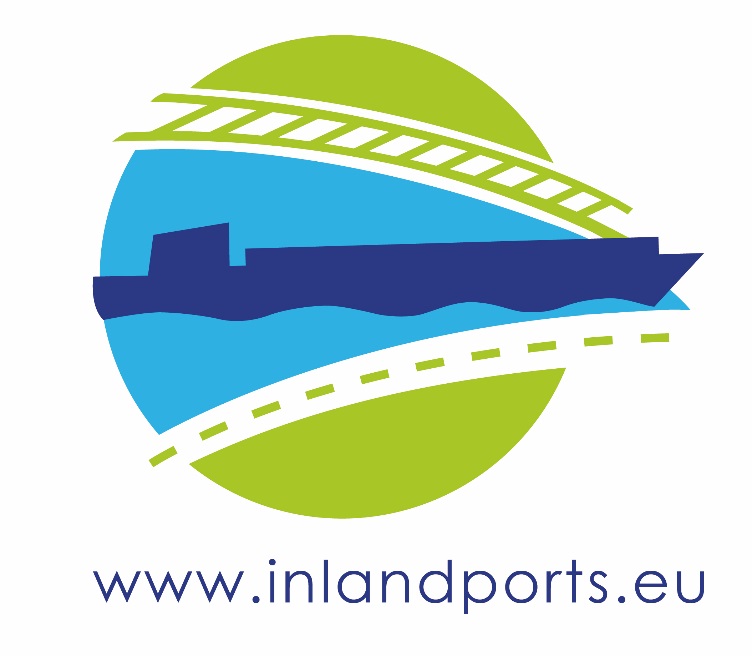
On the 1st of September, the Szczecin and Świnoujście port complex became a new member of the European Federation of Inland Ports. Since 1994, EFIP has been the voice of the inland ports in Europe. This organization highlights and promotes the role of inland ports. The Szczecin and Świnoujście port complex is the first ever Polish member in the EFIP.
The accessibility of the Szczecin-Świnoujście port complex - the only Polish seaports - to inland shipping, which is regarded by the European Union as the most environment friendly one, is an undeniable asset. Such access to the inland water system of Western Europe has a special meaning for the service to the German market. Barges used for transit transport passing through Szczecin and Świnoujście go to major economic centres in the region of Berlin and Brandenburg. At present, the Szczecin and Świnoujście ports complex being a member of EFIP can better promote to huge potential of the shipping capacity of the Oder River which is going to be improved as well.
“I am delighted to welcome the Szczecin and Świnoujście Seaports Authority to EFIP as the first Polish member of our European Association on the Baltic-Adriatic corridor. EFIP represents the interests of nearly 200 (inland) ports and supports multi-modal connectivity of ports to the hinterland. Therefore, thanks to their strategic location at the mouth of the Oder River and their ambition to untap the potential of the Oder River, I believe EFIP is the perfect platform for them to connect to other ports facing or having faced similar challenges” - EFIP President, Hans-Peter Hadorn said.
EFIP Director, Alexander van den Bosch said: “I am very pleased to welcome our first ever Polish member of strategic importance in the Baltic area. I am looking forward to close cooperation with the colleagues from the Szczecin and Świnoujście Seaports Authority on European affairs and especially on discussing and designing EU’s new transport and corridor policies. I am convinced that, together with the expertise and participation of Szczecin and Świnoujście Seaports Authority, we can promote on the EU-level the importance of strong and sustainable hinterland connectivity, multimodality and the potential of increased shipping capacity on the Oder River for the EU’s economy.”


